Mozambique: Young people should reject 'gospel of hatred' - president
Mozambique debt crisis: Where the power rests – Hanlon
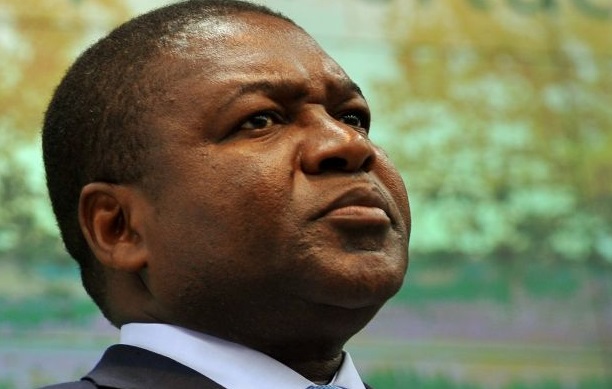
Lusa (File photo) / Mozambique's president Filipe Jacinto Nyusi
The secret loans and other recent reports raise questions about where power rests in the Mozambican government.
Finance Minister Adriano Maleiane confirmed last week the Ematum and Proindicus are both owned one-third each by the Institute for the Management of State Holdings (IGEPE), the public fishing company Emopesca, and the State Intelligence and Security Agency (SISE). MAM is owned 98% by SISE and 1% each by IGEPE and Emopesca.
In practice, SISE is controlled by the presidency and not by the ministries of defence or interior. And it is notable that huge military investments for coastal patrols are under SISE and not the navy.
Meanwhile @Verdade (4 May) revealed that in 2012-4, after the 2010 riots, the government set up a monitoring centre to intercept mobile telephone, SMS and internet traffic. The equipment was bought for $140 mn from the Chinese ZTE Corporation. But the purchase was done through Msumbiji Investment Limited, where the son of the former president, Mussumbuluku Guebuza, is Chief Executive Officer (CEO). And the monitoring centre is under Casa Militar, the presidential guard. A law passed by parliament on 16 March this year legalises this interception. The equipment also contain the ability to deal with encrypted communication, and to locate specific mobile telephones.http://www.verdade.co.mz/tema-
In Mozambique the military has always been weak, in part to prevent a military coup. Under Guebuza, the power of the military was further weakened. The war against Renamo is largely being fought by the riot police under the Interior Ministry. The power of security services under SISE and Casa Militar has been increased. Has President Nyusi gained control over interior and security, or are Guebuza-allied forces still dominant there?
+ In a comment two weeks ago I argued that Frelimo will try to maintain unity by not expelling or disciplining corrupt members. But it has been noted that predominant parties do sometimes split when there are economic crises. And I’ve been pointed to an interesting thesis by Marthe Vaagen. She argues that “electoral authoritarian regimes have remained more resilient in the face of economic crisis than other varieties of authoritarian regimes.” Her thesis compares the PRI in Mexico, which split after an economic crisis, with the UMNO/BN in Malaysia, which did not. http://bora.uib.no/handle/
By: Joseph Hanlon


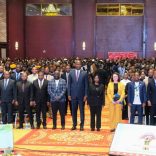
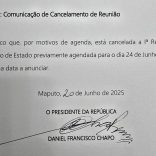
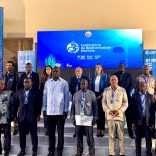
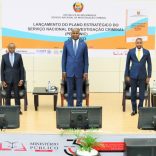
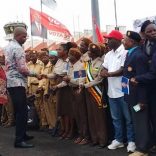





Leave a Reply
Be the First to Comment!
You must be logged in to post a comment.
You must be logged in to post a comment.